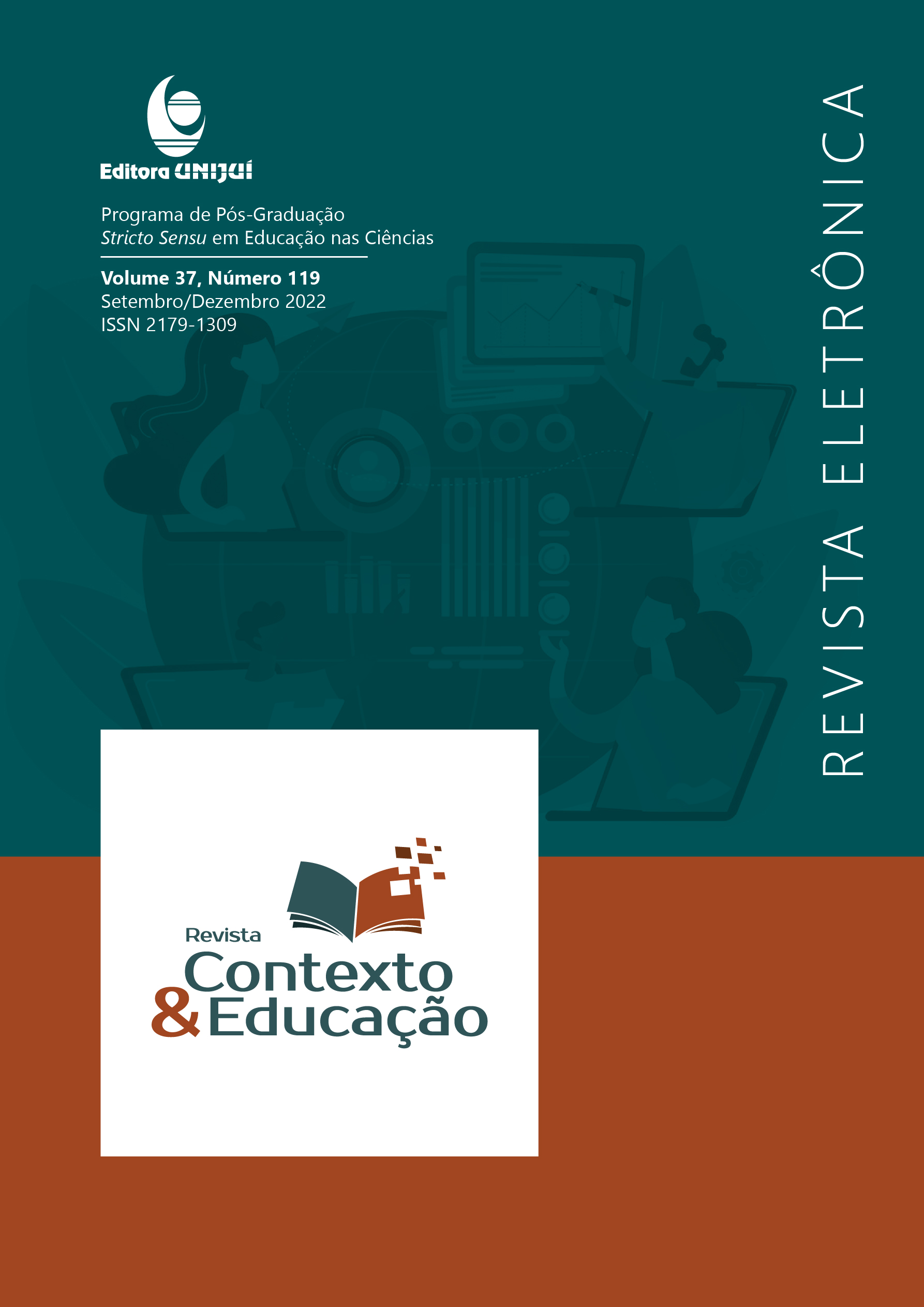The relationship between technical and propedeutic education in reforms and counter-reforms in brazilian education
DOI:
https://doi.org/10.21527/2179-1309.2022.119.13135Keywords:
Dualidade educacional. Ensino médio integrado. Política educacional.Abstract
This article aims to carry out a historical retrospective of legal provisions, relevant to education, which emerged between 1909 and 2021, which reveal the advances and setbacks regarding the articulation between professional education and propaedeutics. history of legal provisions, relevant to education, which emerged between 1909 and 2021, which reveal the advances and setbacks in terms of the articulation between professional education and propaedeutics. Based on information obtained through bibliographic and documentary research and through the analysis of the content of these devices, five cycles of educational policy were identified, important demarcations for understanding the limits placed on the effectiveness, in Brazil, of professional education as a public, democratic, unitary, polytechnic, omnilateral and emancipatory. It was found that there was no articulation between professional education and propaedeutic education in the first cycle. In the second, equivalences were identified, but without effective integration between these educational offers. In the third, the reestablishment of the logic of separation was observed. In the fourth cycle, advances in favor of the integration of vocational education with basic education and in the perspective of the unitary school and polytechnic and omnilateral training. In the fifth cycle, under way, there is an educational counter-reform aimed at reaffirming the logic of the structural duality of teaching. These five cycles showed how the contradictions between capital and work are reproduced in the sphere of educational legislation and give movement to the history of educational policies, revealing their advances and retreats and the strength of the State as a regulatory instance of conflicts.
Downloads
Published
How to Cite
Issue
Section
License
Copyright (c) 2022 Revista Contexto & Educação

This work is licensed under a Creative Commons Attribution 4.0 International License.
By publishing in Revista Contexto & Educação, authors agree to the following terms:
All works are published under the Creative Commons Attribution 4.0 International License (CC BY 4.0), which allows:
Sharing — to copy and redistribute the material in any medium or format;
Adaptation — to remix, transform, and build upon the material for any purpose, even commercially.
These permissions are irrevocable, provided that the following terms are respected:
Attribution — authors must be properly credited, a link to the license must be provided, and any changes made must be indicated.
No additional restrictions — no legal or technological measures may be applied that legally restrict others from doing anything the license permits.
Notices:
The license does not apply to elements that are in the public domain or covered by legal exceptions.
The license does not grant all necessary rights for specific uses (e.g., image rights, privacy, or moral rights).
The journal is not responsible for the opinions expressed in the articles, which are the sole responsibility of the authors. The Editor, with the support of the Editorial Board, reserves the right to suggest or request modifications when necessary.
Only original scientific articles presenting research results of interest that have not been previously published or simultaneously submitted to another journal with the same purpose will be accepted.
Mentions of trademarks or specific products are intended solely for identification purposes and do not imply any promotional relationship by the authors or the journal.
License Agreement (for articles published from October 2025): Authors retain the copyright to their article and grant Revista Contexto & Educação the right of first publication.


